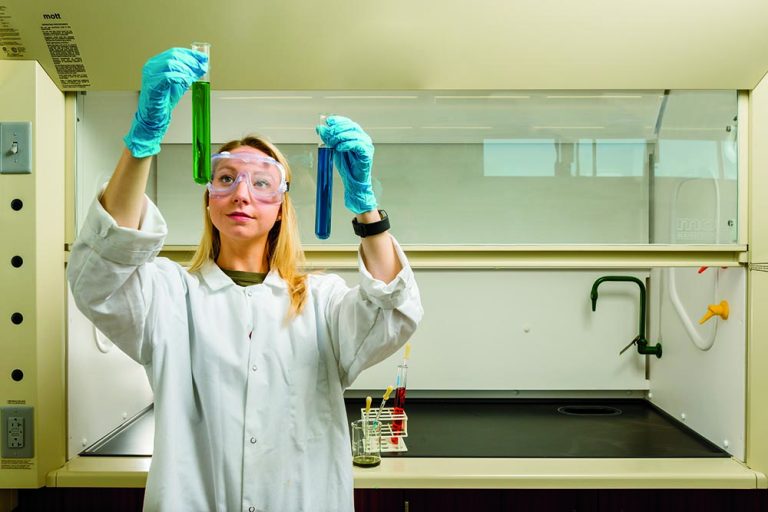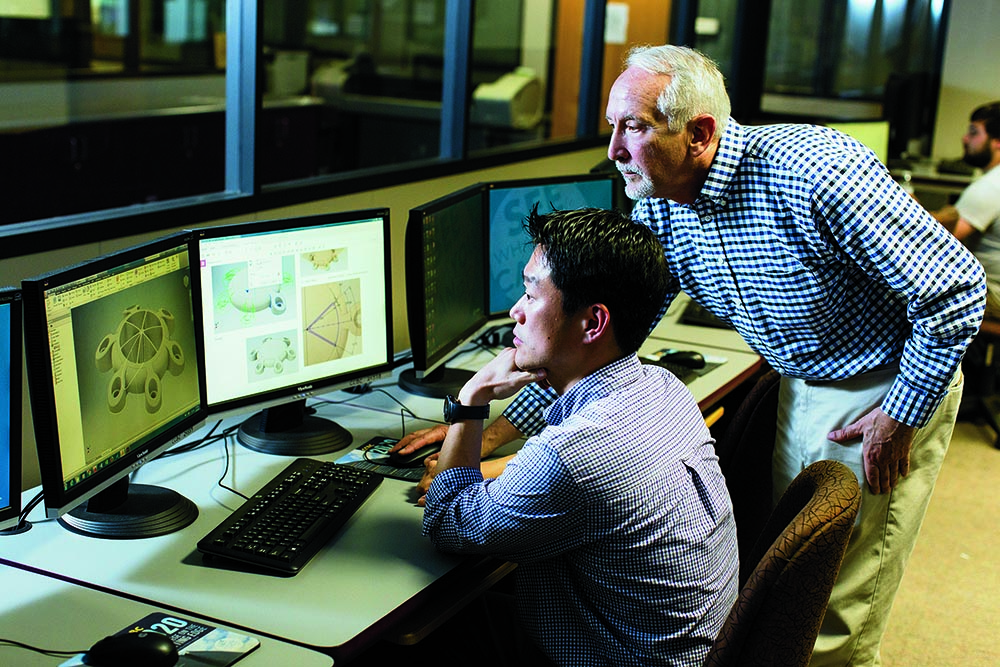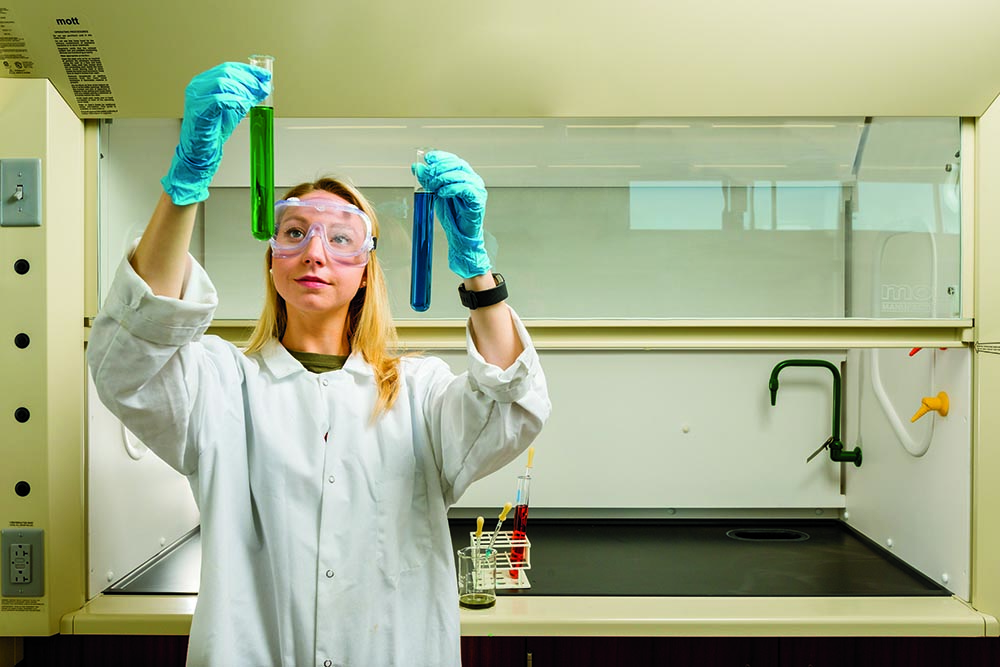Greater Baltimore: Built For Business
Community colleges form the foundation for the region’s strong talent base.

For Sandra Kurtinitis, the network of higher education institutions in Greater Baltimore is “an embarrassment of riches.”
Kurtinitis is president of Community College of Baltimore County (CCBC), one of five community and technical colleges in the region that plays a significant role in workforce training and provides a great advantage for relocating and expanding businesses.
“We all have different specialties,†she says. “Almost any business or industry considering moving into Greater Baltimore would be smart to connect with the local community colleges to get the training they need for local employees.”
Community colleges in Greater Baltimore are vital to the overall development of the workforce of the future, says Donald Fry, president and CEO of the Greater Baltimore Committee.
“All of the community colleges do a great job of staying tapped into local employers and their needs to ensure they offer students the best opportunities to develop the knowledge and skills that employers are seeking in new hires,” Fry says.
Kurtinitis notes the strong relationship between the region’s two-year and four-year institutions.
“If an employer wants an engineer, you can get that through the University of Maryland, Baltimore County or University of Maryland, College Park. But if you want someone with engineering-technology skills, we can deliver that,†she says.
“Almost any need can be filled.”
Of the community colleges, CCBC is the largest, educating over 60,000 students each year and offering more than 280 associate degree, credit certificate and noncredit workforce-training certification programs, ranging from nursing to business and education to cybersecurity and engineering. Kurtinitis says one advantage community colleges have is the flexibility to tailor academic programs to the specific needs of businesses.

Economy Boosters
Community colleges are a vital component of the region’s workforce/talent ecosystem, says Michele Whelley, president and CEO of the Economic Alliance of Greater Baltimore, the region’s economic development marketing organization.
“Our community colleges are working directly with businesses to identify skills needed to support the region’s growth industries and create credential and degree programs that prepare students for entry-level and mid-level jobs in these industries,†Whelley says. “This system provides a career pathway for students without requiring a four-year degree.”
In addition to CCBC, the region is home to Anne Arundel Community College in Arnold, Baltimore City Community College, Harford Community College in Bel Air and Howard Community College in Columbia. With an enrollment of nearly 30,000, Howard Community College offers students a strong foundation for career success, which contributes to economic growth.
“A graduate’s earnings from our community college is greatly increased compared to someone who has earned a GED. Those earnings over a working lifetime amount to $428,400,†says Jean Svacina, vice president of academic affairs at Howard Community College. “The economic impact, from a workforce development perspective, is to the tune of $337.8 million. That is the equivalent of 5,328 jobs in the county. So that means taxpayers experience a 4.6% rate of return in this county because our college is here.”

Svacina says the college’s investment in the area’s workforce and economic development begins before students enroll at Howard. Through its dual enrollment program JumpStart, high school students can take college-level courses that count toward a degree or certification.
“When the program started, we had some 300 students, but now, we are up to 1,600 who are earning credit to help them complete college while in high school. Word is getting out of what a wonderful bargain this place is,†Svacina says.
In 2019, CCBC launched Pathways in Technology Early College High School at Dundalk High School, which focuses on engineering technology, pairs the school with businesses that mentor students, and allows students to earn credit toward a technical degree or certificate.
“These kids are going to have opportunities to be mentored by professionals and be eligible to participate in summer internships during their junior and senior years,†Kurtinitis says. “This illustrates the advantage we have when our K-12 systems, community colleges, four-year partners and business partners work together. When we work together, we can build the 21st-century workforce for our region.”
